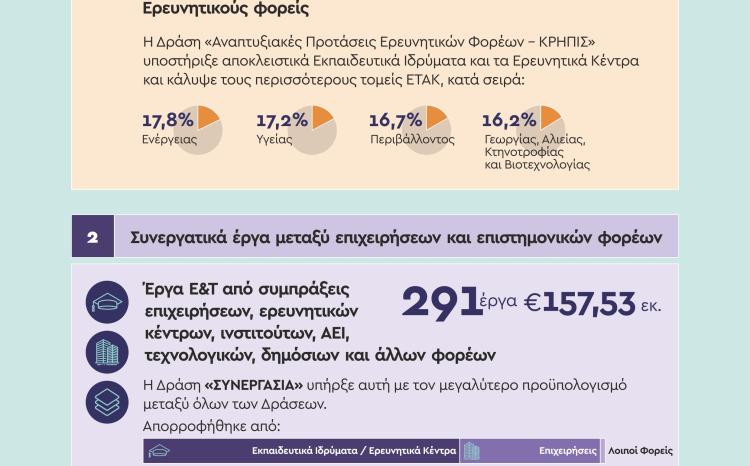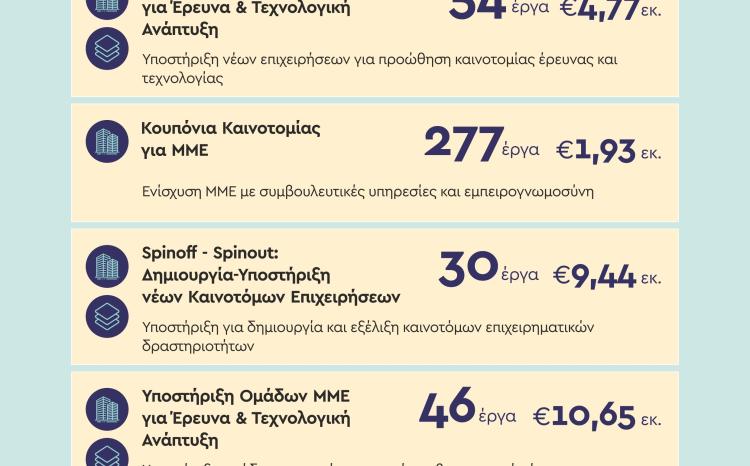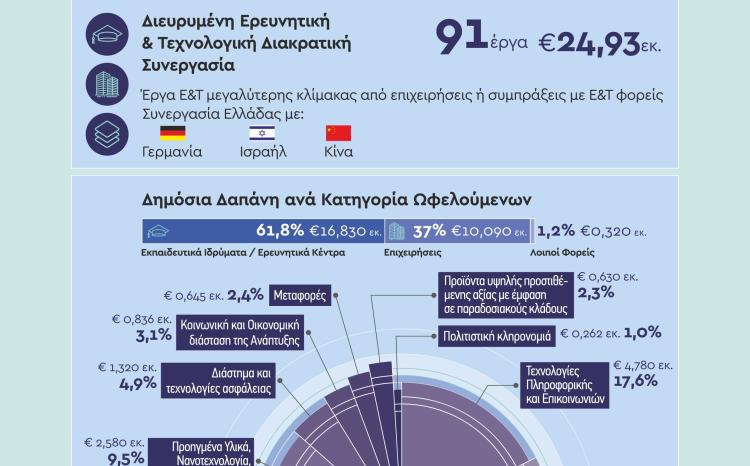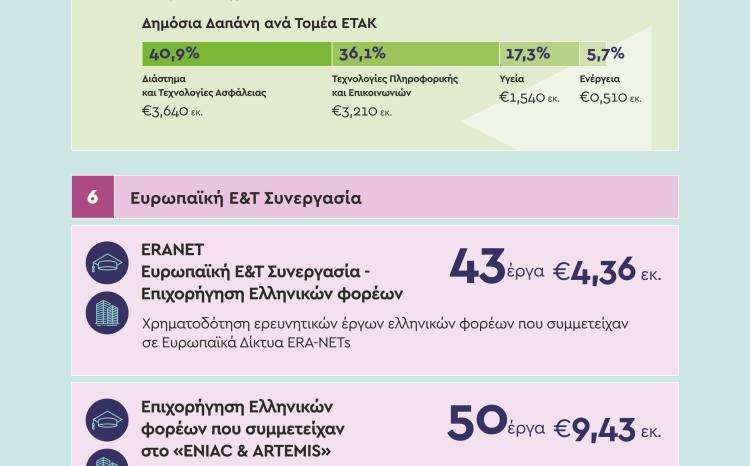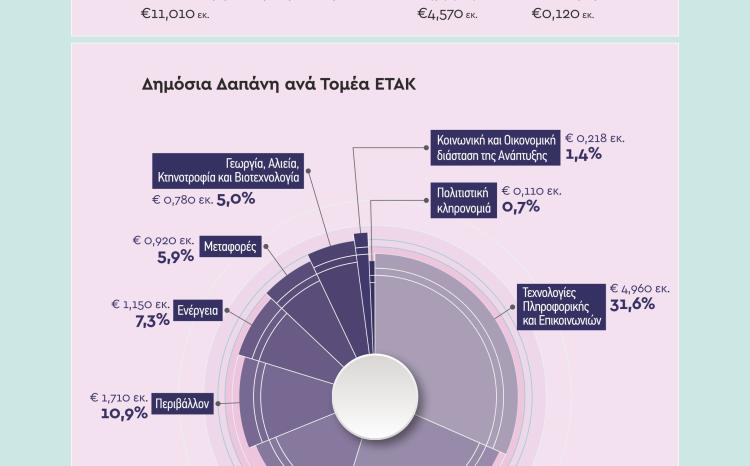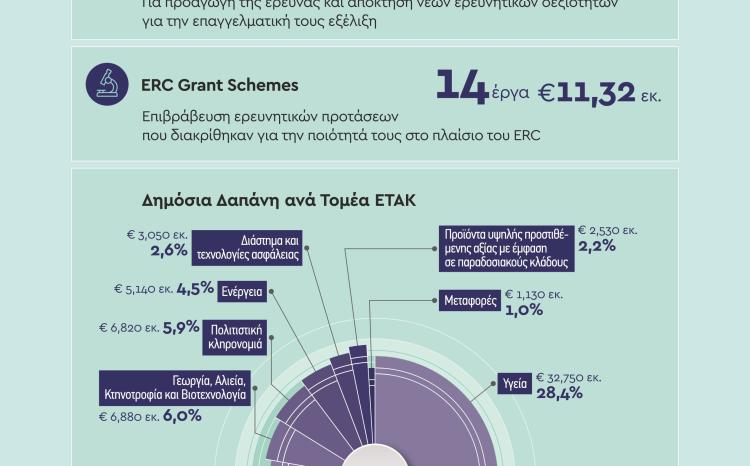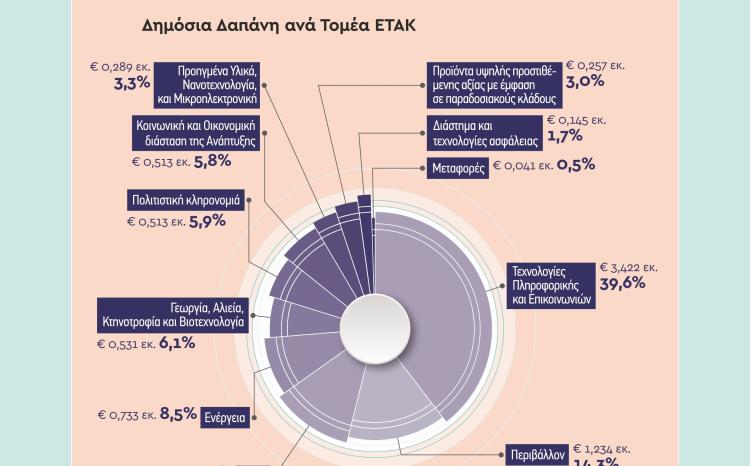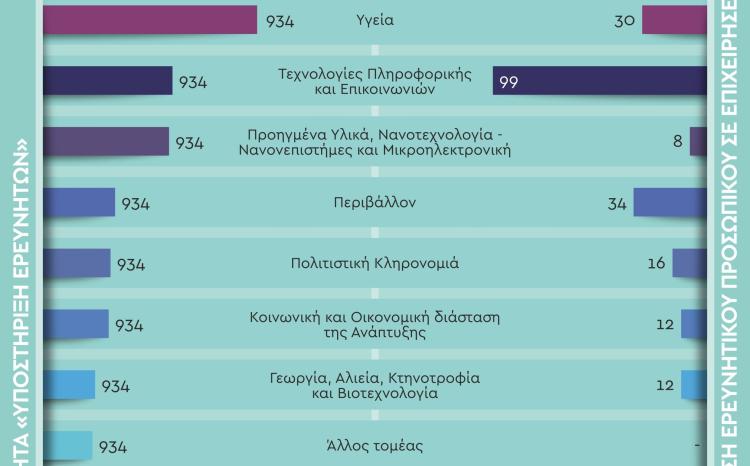Project Overview
As part of efforts to assess and enhance the impact of Greece’s research and innovation strategies, two key evaluation projects were undertaken to measure the outcomes and effectiveness of national programmes. These evaluations focused on understanding how well Greece’s innovation initiatives performed, identifying lessons learned, and providing actionable insights to inform future strategies.
Ex-Post Evaluation of NSRF 2007–2013 Research and Innovation Actions
This evaluation focused on 28 research and innovation actions implemented by the General Secretariat for Research and Innovation (GSRI) under Greece’s NSRF 2007–2013 programme. The evaluation assessed three main areas: the Operational Programme for Competitiveness and Entrepreneurship, Regional Operational Programmes, and the Education and Lifelong Learning Programme. It examined the impact on beneficiaries, economic and societal effects, and management efficiency, using advanced methodologies like bibliometric, cost-benefit analysis, and big data analytics. The project provided strategic recommendations to inform future programming.
Evaluation of RIS3 Strategy 2014–2020
This evaluation assessed Greece’s National Research and Innovation Strategy for Smart Specialisation (RIS3) for 2014–2020. It focused on RIS3’s alignment with national goals, its implementation success, and its governance structure. By applying methodologies such as SWOT analysis and big data evaluation, the project highlighted areas for improvement and provided actionable insights to refine and enhance the strategy for future periods.
Driving Impactful Change in Research and Innovation
PLANETs approach to evaluating Greece's research and innovation actions was built on a comprehensive, data-driven methodology aimed at providing actionable insights for continuous improvement. By using a mix of advanced analytical techniques the team meticulously assessed the effectiveness, economic impact, and societal value of research and innovation actions under the NSRF 2007-2013 and RIS3 Strategy 2014–2020. This included evaluating their success in fostering innovation, supporting enterprises, enhancing research partnerships, and boosting international collaboration.
By leveraging advanced data-driven methodologies, this evaluation provided invaluable insights into the effectiveness of Greece’s research and innovation strategies, driving future improvements and ensuring alignment with national development goals.
A key aspect of this approach was the examination of the actions' impact on beneficiaries and the broader economy, providing both qualitative and quantitative assessments. The consultants also focused on identifying best practices and lessons learned, ensuring that the findings offered not only evaluations but also strategic recommendations for future programming.
The Outcome
This thorough, multi-dimensional evaluation was instrumental in shaping the future of research and innovation initiatives in Greece, with a clear focus on maximizing their long-term impact, efficiency, and alignment with national goals.
The outcome was a deeper understanding of how innovation strategies contributed to economic and societal development, laying the groundwork for more targeted, effective interventions in subsequent programming periods.

